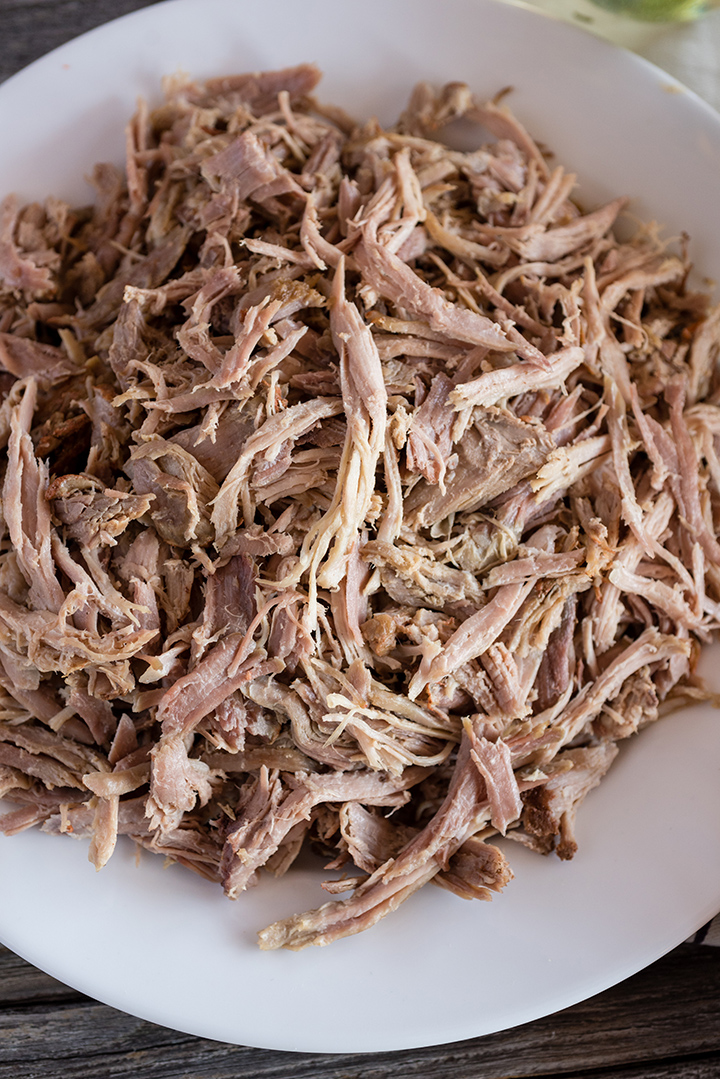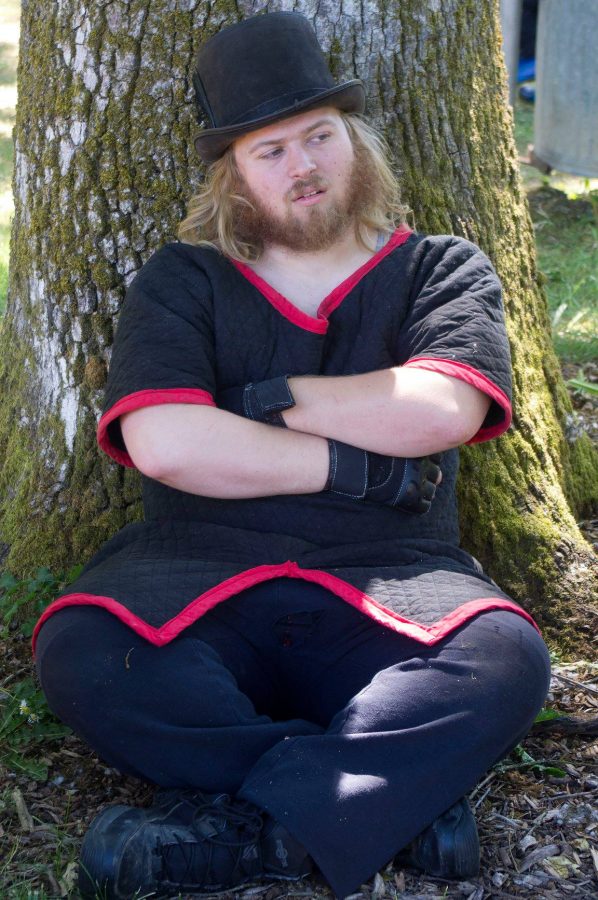
This weekend I went to Mystic Seas (Troutdale, OR). They were holding their monthly BBQ and I was enticed by the promise of pork. This month’s theme was Hawaiian food and they made kalua pork. After the fact I felt a little guilty for not going to my local park of Silvermoon (Salem, OR). In July I only managed to make it there on one occasion. One weekend I went to Mystic Seas, another weekend I went to Northern Lights Mid-reign Campout and then on the last weekend I stayed home for a BBQ party I threw. I do plan on going to my local park for the rest of the month.
Aside from the feast there was a few other things going on at Mystic Seas. Fazadar was running a cake baking competition. Kormac combined his two day demo for the local Job Corps people with this big day at Mystic Seas. He brought them out to the park to experience Amtgard and on Sunday he ran a weapon building class at the Job Corps.
The drive to Mystic Seas was a challenge in and of itself. What normally would take 1 hour 20 minutes took 2 hours 40 minutes. This was due to a major road closer and just bad traffic. It was insane. By the time I got to the park I was already feeling a bit exhausted. After going to the bathroom and getting in garb I got myself a plate of rice and spam (I forget the dishes name) and kalua pork. I then set about eating and visiting. The food very good.
About the time I was done eating they announced that they were done judging the cake baking competition and the cakes were ready to be eaten. I made my way over to the table and got a slice of cheese cake and some cobbler (I know, it’s not a cake but they allowed it anyways). The cheese cake was decent, I’m pretty sure it was no-bake recipe and the cobbler, which was a cheery pineapple flavor, was tasty.
I spent a lot of time visiting with Ephiny and Falcon, both Silvermooners who also happened to be visiting. At one point, shortly after eating my cake, Ephiny was eating a piece of her death by chocolate like cake (which took first place by the way). I asked to try a bit and its name lived up to the experience. It was super sweet and chocolaty and it almost killed me. The sugar from the previous sweets, combined with the chocolate cake turned my stomach upside down. I was out of commission for the next few hours. It really soured my chances of playing the game.
Despite not feeling well I did have a good time visiting with them. Once my stomach settled down I had another bowl of pork, it was really good, simple things usually are. I also spent some time visited with Aurora, Terarin which is always a pleasure. I even checked in with Akryn to see if he was going to run for King for Blackspire for the winter reign, which he said yes. He ended up declaring later that night.
The demo put on my Kormac seemed to be a success, the Job Corps people had a blast. They participated in several games. One game was ran specifically for them, it was a first level only game. Everyone one had to play a level one class. It’s a good way to even the playing field, a little bit. Hopefully we’ll see them out at the park when they have time away from their studies.
Despite the extra long and exhausting drive and the upset stomach I had a pretty decent day. I got there between 2:30 and 3 and ended up staying till 7:30. The atmosphere at the park was very positive and everyone seemed to have a good time. Next week, baring some unforeseen circumstances, I will be at Silvermoon. I even plan on playing wizard again. I spent a little bit of time tweaking my spell list and plan on testing it out. Till next week, have fun!


